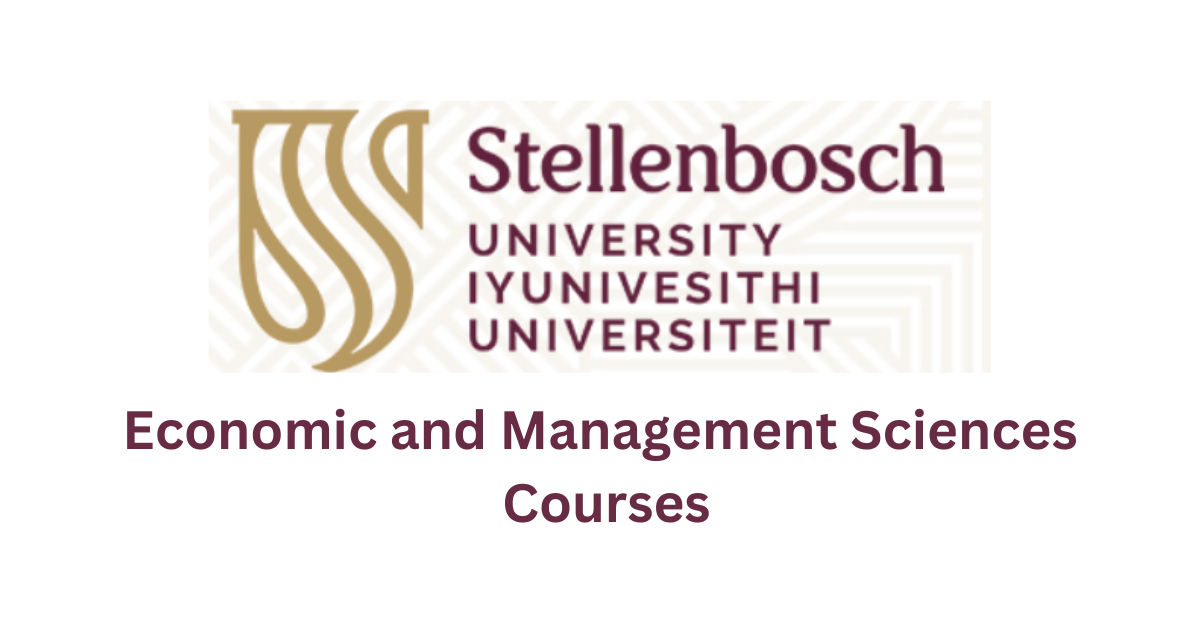The University of Cape Town (UCT), located in South Africa’s vibrant city, is renowned for its academic excellence, diverse student body, and picturesque campus setting. As Africa’s top-ranked university, UCT offers various undergraduate and postgraduate programs designed to prepare students for regional and global challenges.
This article explores UCT’s course offerings, general admission requirements, specific program prerequisites, and financial considerations like tuition fees. Whether you’re a prospective student or a curious parent, this guide will help you understand what UCT offers.
Courses Available
UCT offers a diverse range of courses across six faculties. These programs cater to various interests and career paths, combining academic rigor with opportunities for practical experience.
Faculty of Commerce
- Undergraduate: Programmes include Bachelor of Business Science (various specializations such as Economics, Finance, Marketing, and Information Systems) and Bachelor of Commerce (BCom).
- Postgraduate: Advanced degrees include Master of Business Administration (MBA), MCom in Economics, and diplomas in fields like Taxation and Actuarial Science.
Faculty of Engineering & the Built Environment
- Undergraduate: Programmes include Civil, Mechanical, Electrical, and Chemical Engineering, as well as Architecture and Geomatics.
- Postgraduate: Options include an MSc in Engineering and a professional Master’s in Urban Infrastructure and Sustainable Energy.
Faculty of Health Sciences
- Undergraduate: Includes MBChB (Medicine), BSc in Physiotherapy, and BSc in Occupational Therapy.
- Postgraduate: Masters and PhD programs in Clinical Medicine, Public Health, and Biomedical Engineering.
Faculty of Humanities
- Undergraduate: Includes programs in Media Studies, Political Science, Drama, Music, and Fine Arts.
- Postgraduate: Master’s and Doctoral studies in Social Sciences, Philosophy, Linguistics, and Creative Writing.
Faculty of Law
- Undergraduate: LLB and BA/BCom combined with Law.
- Postgraduate: LLM degrees specializing in International Law, Human Rights Law, and Environmental Law.
Faculty of Science
- Undergraduate: Degrees in Biological Sciences, Chemistry, Physics, Environmental Sciences, and Applied Mathematics.
- Postgraduate: MSc and PhD programs with research opportunities in astrophysics and biotechnology.
Each faculty provides students with a balance of theoretical knowledge and practical application, fostering critical thinking and problem-solving skills.
General Admission Requirements
Admission to UCT is highly competitive, with stringent academic standards. The general admission requirements for undergraduate programs are as follows:
- National Senior Certificate (NSC) or equivalent with a Bachelor’s Pass.
- Meeting the Minimum Admission Point Score (APS) required for your chosen program. This varies between faculties and courses.
- Demonstrating proficiency in English, the primary medium of instruction.
- Submission of an online application, including transcripts and supporting documents.
For international students, the equivalency of qualifications is determined through a process of recognition by the South African Qualifications Authority (SAQA).
Specific Programme Requirements
Some programs at UCT have additional requirements beyond the general admission criteria. Here are a few examples:
Faculty of Health Sciences
- Admission to the MBChB (Medicine) program requires high marks in Mathematics, Physical Sciences, and Life Sciences. Applicants must also pass a National Benchmark Test (NBT).
Faculty of Law
- For the LLB program, strong language and analytical skills are essential, and candidates are evaluated based on their academic records and motivation letters.
Faculty of Engineering
- Engineering programs demand excellence in Mathematics and Physical Sciences at the school level, with specific APS thresholds.
Faculty of Humanities
- Certain creative programs, such as Drama and Music, may require an audition or portfolio submission as part of the application process.
Each faculty publishes detailed admission guidelines annually, and prospective students should carefully review these to ensure eligibility.
Course Fees
Understanding the cost of studying at UCT is crucial for planning your education. Fees vary based on the faculty, level of study, and specific program. Here’s an overview:
Undergraduate Tuition Fees
Undergraduate fees at UCT typically range between ZAR 60,000 and ZAR 90,000 per year, depending on the course of study. For example:
- Humanities programs tend to be on the lower end of the fee scale.
- Professional degrees like Medicine or Engineering are generally more expensive due to the resources required.
Postgraduate Tuition Fees
Postgraduate tuition fees are influenced by the type of program:
- Coursework Master’s degrees may range from ZAR 50,000 to ZAR 150,000 annually.
- Research-based degrees like an MSc or PhD have variable costs, often determined by the specific research area.
Conclusion
The University of Cape Town stands as a beacon of academic excellence in Africa, offering a rich array of courses tailored to diverse interests and career goals. Whether you aim to be an engineer, a doctor, an artist, or a lawyer, UCT provides a supportive environment with top-tier resources to help you succeed. By understanding its course offerings, admission requirements, and financial policies, you can make informed decisions about your academic journey.
Embark on your journey with UCT and join a global network of innovators and leaders. Explore more by visiting the UCT official website.


